The classical music world is bracing for a seismic shift as a new wave of copyright expirations looms on the horizon. In 2025, the works of Igor Stravinsky – arguably the most influential composer of the 20th century – will enter the public domain in many jurisdictions. This event marks not just the liberation of individual compositions, but the symbolic passing of an entire era into cultural commons.
For decades, Stravinsky's revolutionary scores have been carefully guarded by publishers and estates, their usage requiring permissions and payments. The Rite of Spring, Firebird, and Petrushka – works that literally changed the course of musical history – will soon be free for anyone to perform, record, rearrange, or sample without restriction. This transition promises to unleash a flood of new interpretations while raising complex questions about artistic legacy and creative economics.
The coming expiration represents part of the natural lifecycle of copyright protection, which typically extends 70 years after a creator's death in most countries (Stravinsky died in 1971). What makes this particular expiration noteworthy is the composer's enduring popularity and the continued commercial viability of his works. Unlike many public domain compositions that fade into obscurity, Stravinsky's music remains central to concert programming and recording projects worldwide.
Orchestras and opera companies stand to benefit significantly from this change. Currently, performance rights for Stravinsky's works can cost thousands per concert – expenses that often get passed along to audiences through higher ticket prices. After 2025, these institutions will enjoy greater programming flexibility and reduced costs for staging works like The Rake's Progress or Les Noces. Smaller ensembles and community groups previously priced out of performing these masterpieces may now have their chance.
The recording industry faces both opportunities and challenges. While labels will no longer need to pay mechanical royalties for new recordings of Stravinsky's works, they'll also lose their exclusive hold on the catalog. Expect to see an explosion of new interpretations – from historically informed performances to radical reimaginings – as barriers to entry disappear. This democratization could lead to both thrilling artistic discoveries and a crowded marketplace where quality becomes harder to discern.
Perhaps the most intriguing possibilities lie in the realm of adaptation and recombination. Contemporary composers, electronic musicians, and multimedia artists will gain unprecedented freedom to sample, remix, and respond to Stravinsky's works. Imagine The Firebird reworked as a synthwave track, or fragments of Symphony of Psalms woven into hip-hop productions. The cultural conversation around these works will undoubtedly expand beyond traditional classical circles.
However, the transition isn't without its complications. Musicologists warn that the public domain status might reduce incentives for maintaining authoritative editions of the scores. While the notes themselves will be free, high-quality engraved editions and critical urtext versions may still carry costs. There's also the question of later arrangements or editions that might remain under copyright, creating potential gray areas for performers.
The Stravinsky expiration forms part of a larger pattern that will see numerous 20th-century composers' works entering the public domain in coming years. As copyright terms reach their limits for modernist masters like Bartók, Prokofiev, and eventually Shostakovich, we're witnessing nothing less than the gradual opening of classical music's treasure chest to the world at large. How this will transform the musical landscape remains to be heard – but the reverberations promise to be profound.
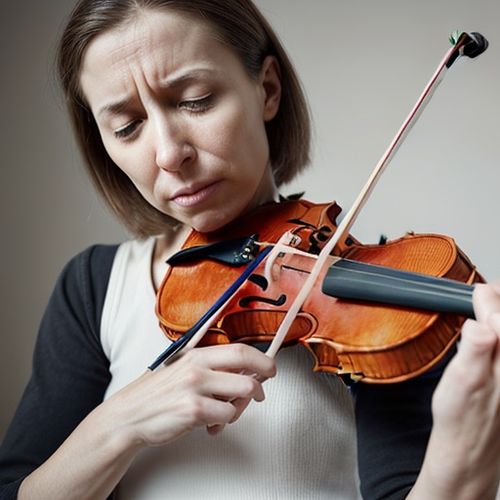
By Ryan Martin/Apr 14, 2025

By Daniel Scott/Apr 14, 2025

By Megan Clark/Apr 14, 2025
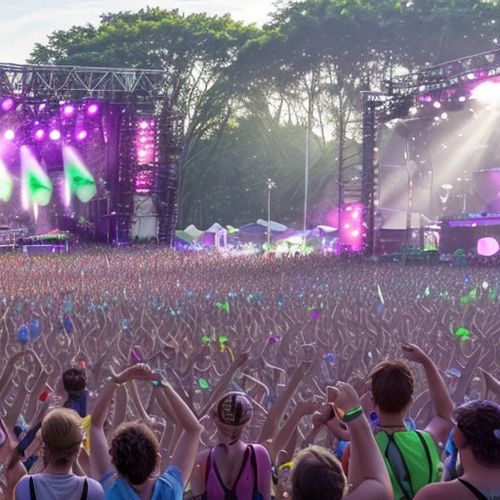
By Noah Bell/Apr 14, 2025
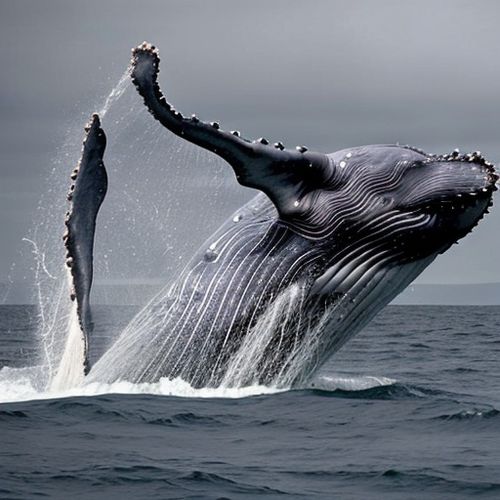
By George Bailey/Apr 14, 2025

By Laura Wilson/Apr 14, 2025
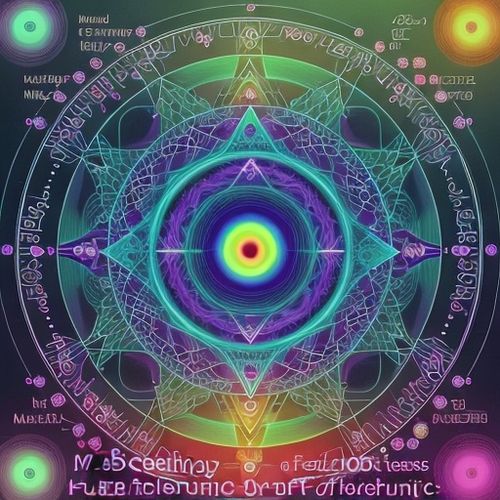
By Ryan Martin/Apr 14, 2025
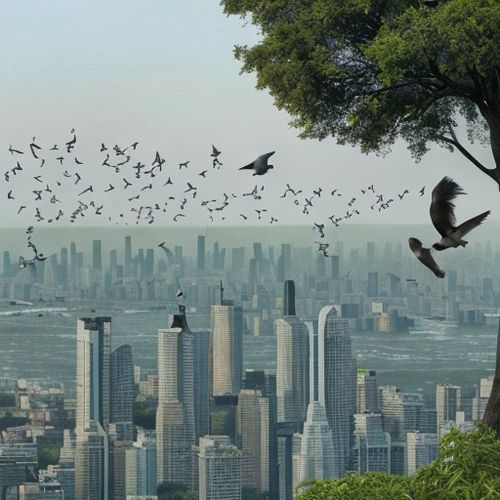
By Grace Cox/Apr 14, 2025

By Amanda Phillips/Apr 14, 2025

By Joshua Howard/Apr 14, 2025

By Emily Johnson/Apr 14, 2025
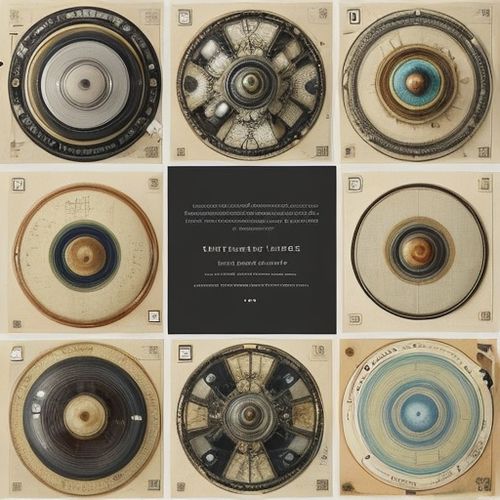
By Michael Brown/Apr 14, 2025

By Benjamin Evans/Apr 14, 2025
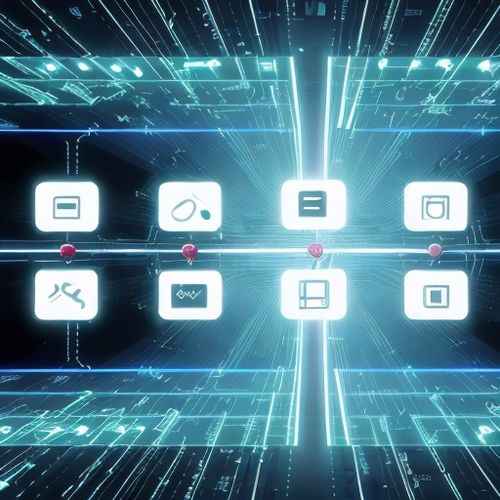
By Megan Clark/Apr 14, 2025
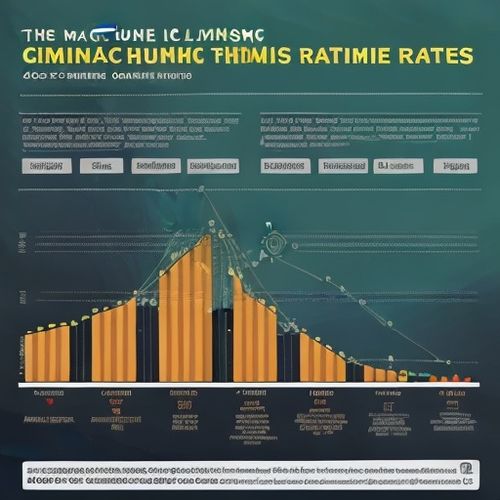
By Lily Simpson/Apr 14, 2025
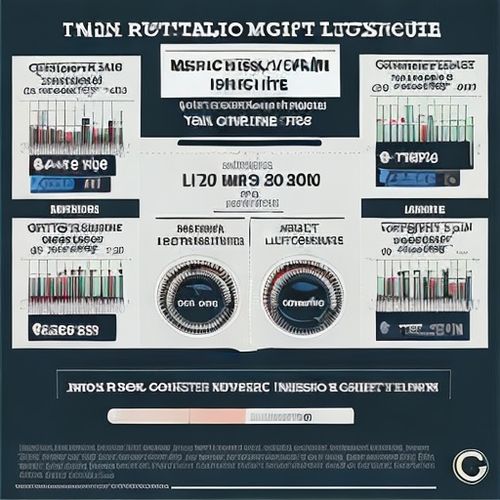
By Samuel Cooper/Apr 14, 2025

By Olivia Reed/Apr 14, 2025
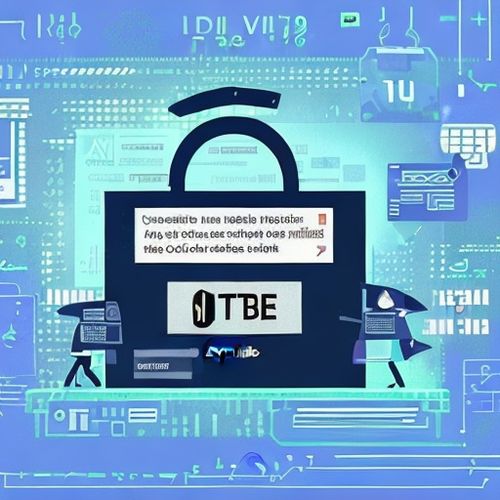
By Christopher Harris/Apr 14, 2025

By Megan Clark/Apr 14, 2025

By Emma Thompson/Apr 14, 2025